Choosing the Best Fertilizer for Fruit Trees
Growing fruit trees is rewarding, but it takes more than water and sunlight to produce healthy growth and delicious harvests. Fertilizer for fruit trees supplies the essential nutrients trees need for strong roots, steady growth, and plentiful fruit.
This guide explains the right time to fertilize fruit, how to select the best fertilizer for fruiting trees, and tips for applying fertilizer effectively without harming soil health.

Why Fertilizing Fruit Trees Matters
Fruit trees remove nutrients from the soil every year through growth and fruit production. Without replacing those nutrients, growth slows, leaves may yellow, and fruit becomes smaller or drops prematurely. Some trees also become more vulnerable to problems like fire blight.
Using the right fruit tree fertilizer helps prevent deficiencies, promotes good fruit set, and supports long-term tree health. Balanced feeding strengthens resistance to disease, improves fruit size, and ensures a steady harvest year after year.
When to Fertilize Fruit Trees
The best time to fertilize fruit trees is in early spring, just before buds begin to swell. At this stage, trees are waking up from dormancy and need nutrients to power new shoots, blossoms, and roots.
You can apply fertilizers again in early summer, but avoid fertilizing with nitrogen after July. Late feedings can produce tender new growth, which frost may damage.
For more seasonal guidance, check out this full article on when and how to fertilize fruit trees.

How to Decide If Your Tree Needs Fertilizer
Not every tree needs feeding each year. Instead of guessing, measure the previous year’s growth:
- Young apple trees and pears: 18–30 inches
- Mature apple trees and pears: 12–18 inches
- Young sweet cherries: 22–36 inches
- Mature cherries: about 8 inches
- Peaches and nectarines: 12–18 inches
If growth falls below these ranges, it’s time to fertilize. But if you pruned off more than 20% of the canopy the previous year, wait before adding extra nutrients.
Choosing the Best Fertilizer for Fruit Trees
The best fertilizer for fruit trees depends on soil health, tree age, and crop type. Before feeding, have your soil tested with a professional soil test or try a home soil test kit to check soil pH and nutrient levels.
Here are common fertilizer choices:
Organic Fertilizer Options
- Chicken manure or Sup’R Green chicken manure – slow-release nitrogen for steady growth.
- Soybean meal – a plant-based organic fertilizer rich in nitrogen.
- Compost – improves soil health and adds organic matter.
High-Nitrogen Sources for Growth
Micronutrient Boosters for Fruit Quality
- Azomite – supplies trace minerals for flavor and fruit set.
- Langbeinite – adds potassium and magnesium for sweetness and firmness.
For a wide range of options, see our fruit tree fertilizer collection.
How to Apply Fertilizers to Fruit Trees
- Measure tree age or trunk diameter to calculate how much to apply. A common rule: 0.10 pounds of nitrogen per year of age or inch of trunk, up to 1 pound maximum.
- Apply fertilizers evenly under the canopy, starting a foot away from the trunk and extending to the drip line.
- For nutrients that move slowly in soil, dig small holes 6 inches deep and 12–18 inches apart. A bulb auger makes this easier.
- Top with compost or other organic matter, then water well.
- Consider liquid feeding through drip systems. Learn how with our fertilizing fruit trees video.
Special Tips for Young Trees and Planting Holes
For young trees and new plantings, start with a good foundation. Mix compost and organic fertilizer into the planting hole when setting out bare root apple trees or other stone fruits. This helps roots establish quickly. For more background, see our article on debunking bare root fruit tree myths.
Conclusion
The right fruit tree fertilizer keeps your orchard thriving. Remember to have your soil tested, choose the best fertilizer for fruiting trees based on needs, and fertilize at the right time. Avoid late feedings, measure growth yearly, and always support soil health with compost and organic matter. With consistent care, your apple, pear, peach, and cherry trees will reward you with strong growth and bountiful harvests.
FAQs About Fertilizer for Fruit Trees
Which fertilizer is best for fruit trees?
What is the best time to fertilize fruit trees?
Which fertilizer is good for fruiting?
Is 20-20-20 fertilizer good for fruit trees?
How often should I fertilize my trees?
What is the best month to fertilize fruit trees?
Is Epsom salt good for fruit trees?
Is chicken manure good for fruit trees?
Which NPK is best for fruiting?
What are signs of over-fertilization?
Resource Area: Mixing & Dosing Liquid Feeds
Learn how to use the Siphonject to effectively mix and deliver nutrients through drip systems:
- Fertilizing Fruit Trees – Video showcasing injection of soluble fertilizer into irrigation systems.
- Dramm Siphonject – Demonstrates how to install and operate a siphon mixer for accurate fertilizer dosing.
- Down to Earth Vegan Mix – A plant-based organic fertilizer ideal for vegetables, herbs, and flowers.
- Down to Earth Tree & Shrub – Fertilizer formulated for woody plants, helping establish trees and perennial shrubs.







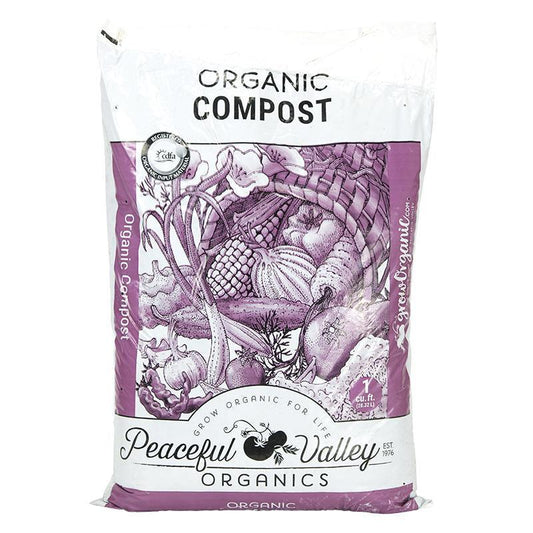
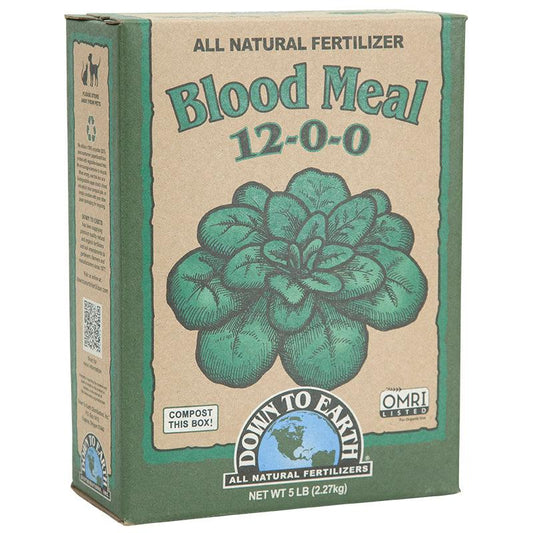
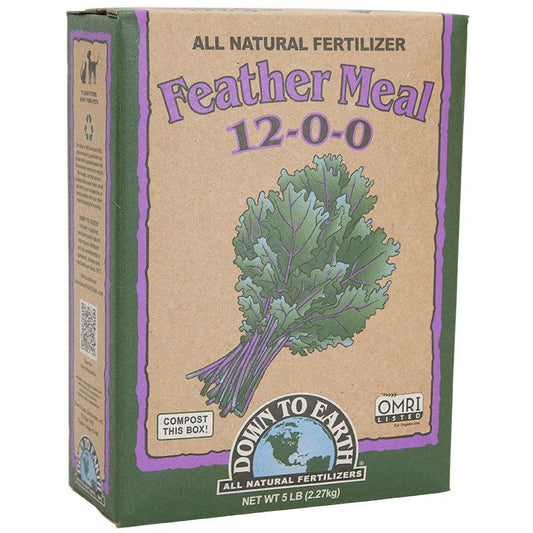

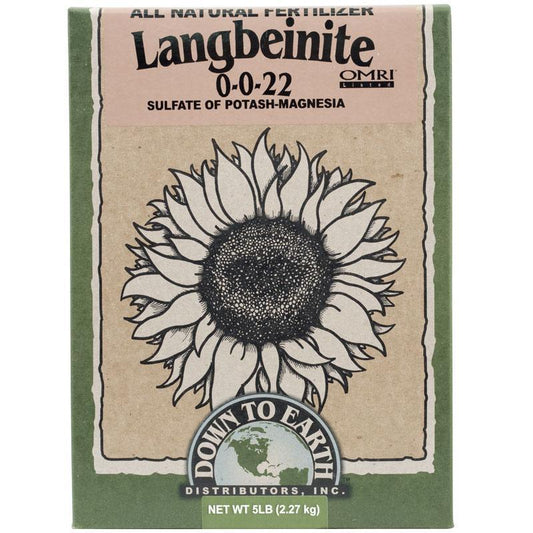
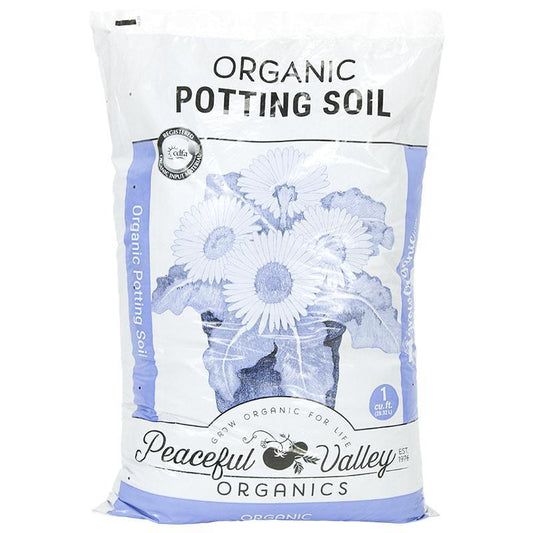
81 comments
Hi GO team,
My Fig tree has just been uncovered and all looks good. There is nothing weird going on…
Past years, I’ve gotten lots of leaves and underdeveloped fruit which doesn’t ripen by November here in zone 7a.
I’ve read on your forum that there may be too much nitrogen in the soil. Would that mean a PH over 7? Or over 8?
What can I do to remediate?
Thanks!
MJ
MJ, Figs really love the heat and it is possible that they are just not getting enough of it and long enough growing season in zone 7. Not all figs will do well in zone 7, so also depends on the variety you have planted. Is your tree in full sun? Have you gotten a soil test done? If you are not getting your fruit to full development may be a result of several reasons, one being the length of your growing season and the other a deficiency of phosphorus.
David, your trees will benefit from at least yearly fertilizing with a fruit tree fertilizer. Follow the label instructions for how much to apply. According to Dave Wilson’s site: Productivity of Apple and Pear, standard is 20 to 40 years; Apple and Pear, semi-dwarf is 15 to 25 years. Your tree can live much longer, but just might not produce as much.
Peter, on your trees in tubs, you can use a fruit tree fertilizer and follow the label instructions for how much and how often to fertilize. Grapes don’t need much fertilizer, if you just transplanted them, it will take some time for them to recover and start producing fruit. Make sure where you are planting your grapes that is is well drained. They don’t tolerate being wet all the time. We have a two great videos on winter pruning and summer pruning grapes. Proper pruning will also help with fruit production.
I recently moved into a house where the previous owner did not take care of his fruit trees. After pruning them back, I can tell they’re still very much alive. The thought of having a lime, orange, lemon and a guava tree in my backyard, is exciting. However, Living in a HOA for the past 40 years, I am clueless on how to render care to my new trees. Can you provide some basic “how to” rules and regs on fertilizer(s) etc., I should be using for my new roommates? Any feedback would be greatly appreciated.